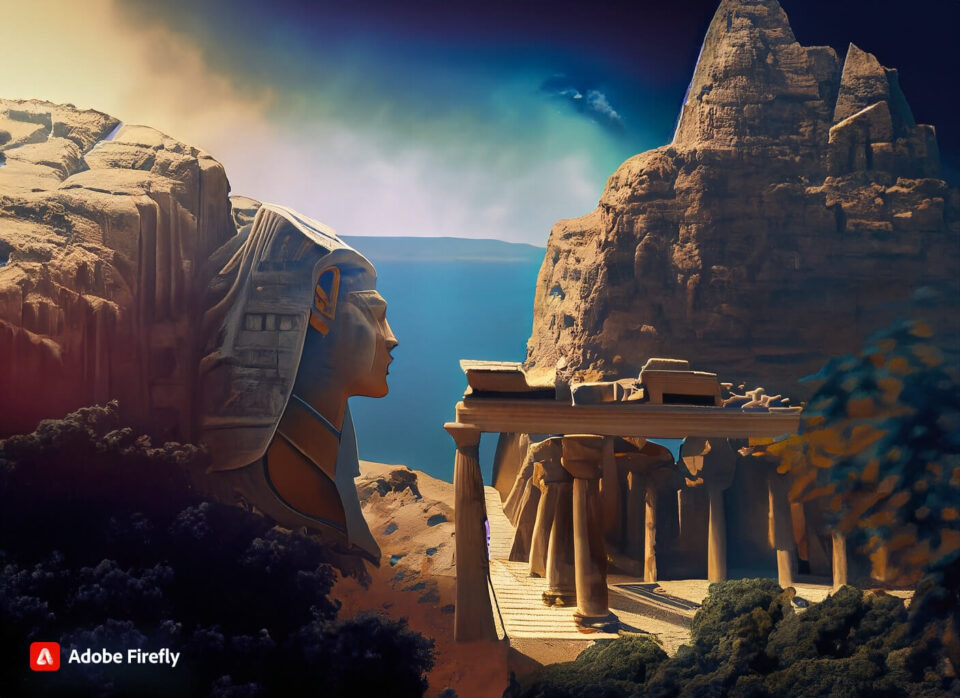Introduction: Throughout the world, diverse cultures share stories of a great flood that devastated ancient civilizations. Many believe that these tales are rooted in the legend of Atlantis, a sunken city. This article explores the significance of these flood narratives, the enigmatic figure of Pythagoras, and his relentless pursuit of wisdom that bridged the gap between East and West.
The Global Flood Myth: Across various religious and cultural traditions, from Christianity to Hinduism, there are references to a cataclysmic flood that wiped out entire civilizations, leaving only a select few initiates and adepts to carry forward the knowledge. This common thread underscores the significance of this historical event.
Pythagoras: The Seeker of Wisdom: Pythagoras, a revered figure in the ancient world, resided in Alexandria, where he delved into the mysteries of Egypt, particularly the teachings of Hermes. His quest for wisdom led him to India, where he absorbed the profound insights of the Brahmins regarding the inner world of humanity. His journey continued as he ventured into Tibet and China, making him one of the most renowned seekers of truth in his era.
The Essence of Philosophy: Pythagoras epitomized the true essence of philosophy as “love for wisdom.” Unlike modern philosophers, he was not content with mere speculation. Instead, he embarked on a profound, intuitive search for truth. His journey began intellectually but ultimately delved deep into the core of his being, connecting with truth on a profound level.
Pythagoras: A Generous and Open-Minded Philosopher: Known for his generosity, openness, and democratic spirit, Pythagoras earned respect and reverence across the known world, from Greece to China. He was welcomed in mystic schools, and his name was celebrated wherever he traveled. Despite his enlightenment, Pythagoras remained a humble disciple, always eager to learn from those who could reveal new aspects of truth.
A Unique Figure in History: Pythagoras’ uniqueness lies in his unceasing thirst for knowledge, even after attaining enlightenment. Unlike other enlightened figures like Buddha or Jesus, who ceased seeking upon their awakening, Pythagoras continued to explore new paths of wisdom. His willingness to learn from the entirety of existence sets him apart in history.
Challenges of Ancient Travel: In Pythagoras’ time, traveling from Greece to China was fraught with danger and took years. Unlike today’s convenience, his journeys were perilous, yet they yielded a treasure trove of wisdom.
Persecution and Unfinished Work: Despite gathering immense knowledge and harmonizing diverse teachings, Pythagoras faced persecution throughout his life. Society’s resistance prevented him from fully sharing the perennial philosophy he had discovered.
Pythagoras: The Bridge Between East and West: Pythagoras, a Greek with a Western background, ventured into the East to explore intuitive and mystical knowledge. This unique fusion of Western logic and Eastern intuition made him a trailblazer, bridging two fundamentally different ways of thinking.
Conclusion: Rudyard Kipling’s notion that “East and West shall never meet” holds a fragment of truth due to the profound differences in their approaches. Pythagoras, however, defied this divide, embodying the unity of diverse philosophies and shaping the course of ancient wisdom.

